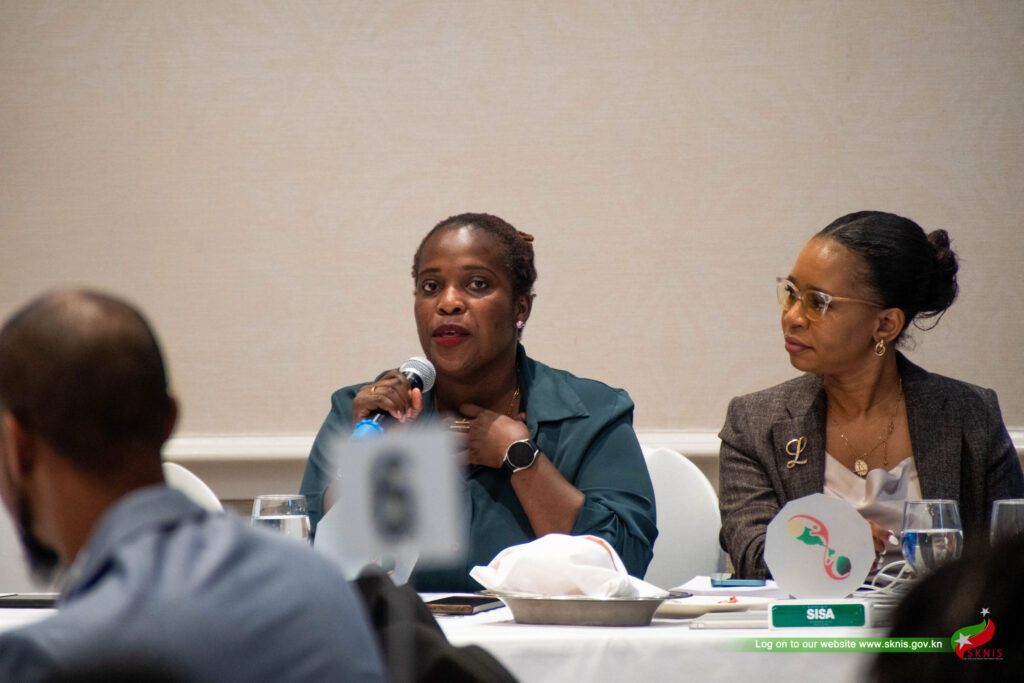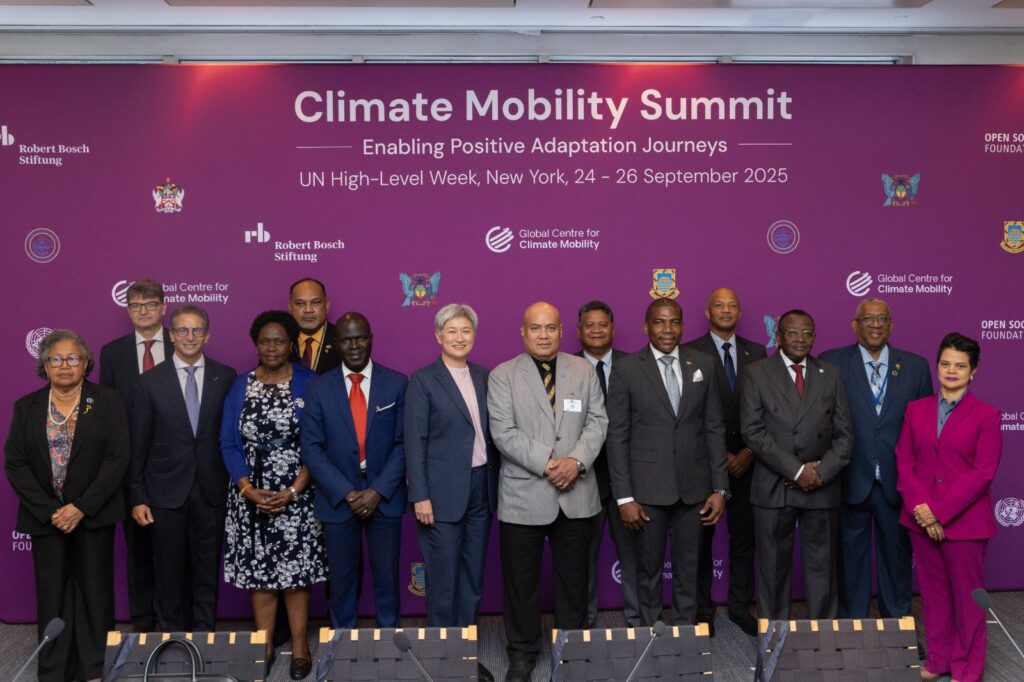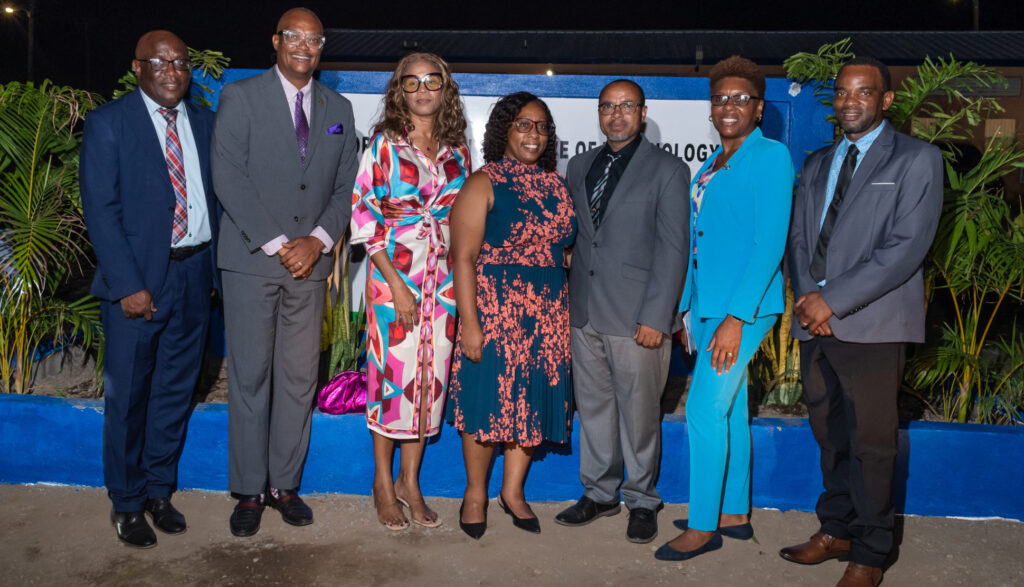Collaborative Approaches to Achieving Sustainable Development
SISA Lunch & Learn: Collective Action for Sustainable Development
The Sustainable Island State Initiative (SISA) recently hosted a “Lunch & Learn” session focused on the crucial role of collective action in achieving sustainable development. The event brought together stakeholders from various sectors, including government, civil society, academia, and the private sector, to discuss the challenges and opportunities associated with collaborative efforts towards sustainability. This gathering highlighted the importance of integrated approaches, breaking down silos, and fostering partnerships to address the complex and interconnected nature of sustainable development goals.
The core message of the session emphasized that achieving the ambitious targets of the Sustainable Development Goals (SDGs) requires a concerted and unified effort from all segments of society. No single entity, whether governmental, non-governmental, or private, can single-handedly tackle the multifaceted challenges of poverty, inequality, climate change, and environmental degradation. The interconnectedness of these issues necessitates collaborative action, leveraging the diverse expertise, resources, and perspectives of different stakeholders. The session explored practical examples of successful collective action initiatives and examined the key ingredients for effective partnerships, fostering an environment of shared responsibility and mutual accountability.
Discussions delved into the specific context of Small Island Developing States (SIDS), which face unique vulnerabilities due to their geographical characteristics, limited resources, and susceptibility to external shocks such as climate change and economic fluctuations. SIDS are often at the forefront of experiencing the impacts of global challenges, making collective action even more critical for their sustainable development. Participants explored how collaborative initiatives can build resilience, enhance capacity, and promote innovation within SIDS, enabling them to effectively address their specific challenges and achieve the SDGs.
The session underscored the importance of creating enabling environments for collective action, including supportive policies, strong institutional frameworks, and accessible resources. Open communication, transparency, and trust-building were identified as essential elements for successful partnerships. Participants discussed mechanisms for fostering inclusivity and ensuring that the voices of marginalized groups are heard and integrated into decision-making processes. The emphasis on participatory approaches recognizes that sustainable development requires broad-based ownership and commitment, encompassing all stakeholders, including local communities, indigenous populations, women, and youth.
The role of innovation and technology in facilitating collective action was also highlighted. Digital platforms, data sharing, and other technological advancements can enhance communication, coordination, and knowledge sharing among diverse stakeholders. Participants explored how technology can be leveraged to monitor progress, track performance, and ensure accountability in collaborative initiatives. The session emphasized the importance of harnessing technological advancements to drive sustainable development and build more resilient and inclusive societies.
The “Lunch & Learn” session served as a valuable platform for sharing knowledge, exchanging best practices, and building connections among stakeholders committed to sustainable development. By fostering dialogue and collaboration, the event contributed to strengthening the collective action ecosystem and accelerating progress towards the SDGs, particularly within the context of SIDS. The insights and discussions generated during the session provided a roadmap for future collaborative efforts, emphasizing the importance of partnerships, inclusivity, and innovation in driving sustainable development. The event concluded with a call for continued engagement and commitment from all stakeholders to work together towards a more sustainable and equitable future for all.
Share this content:












Post Comment